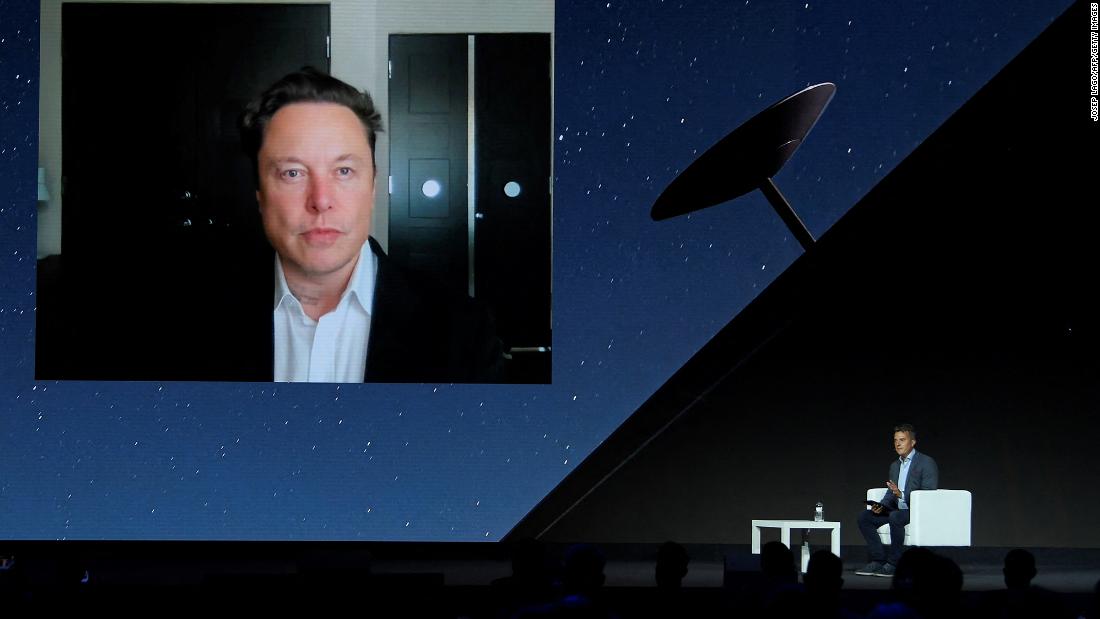MoreBack to News Headlines

Elon Musk touts SpaceX surging internet growth, but still says goal is to avoid bankruptcy
CNN
SpaceX has put more than 1,500 internet-beaming satellites into orbit, signed up more than 69,000 customers, installed ground stations in 12 countries and has plans to expand its one-of-a-kind network's coverage all over the world — except the North and South pole — by next month. Still, SpaceX CEO Elon Musk said Tuesday, not running out of money is top of mind.
"Our goal is not to go bankrupt," Musk said at the Mobile World Congress conference in Barcelona, acknowledging that all previous attempts to build a satellite-based internet network in low-Earth orbit has ended in failure, bankruptcy or a pivot away from a direct-to-consumer business model. SpaceX began launching satellites for the Starlink network in 2019, and has built up to a rapid pace of deployment, launching more than 780 in the past six months alone. The Starlink program is separate from SpaceX's Dragon program, which aims to ferry people and goods to the International Space Station, and the Starship program, which is intended to one day bring humans to the moon or Mars, or haul massive satellites into orbit. Starlink, on the other hand, is SpaceX's first foray into the satellite market.More Related News





















 Run 3 Space | Play Space Running Game
Run 3 Space | Play Space Running Game Traffic Jam 3D | Online Racing Game
Traffic Jam 3D | Online Racing Game Duck Hunt | Play Old Classic Game
Duck Hunt | Play Old Classic Game